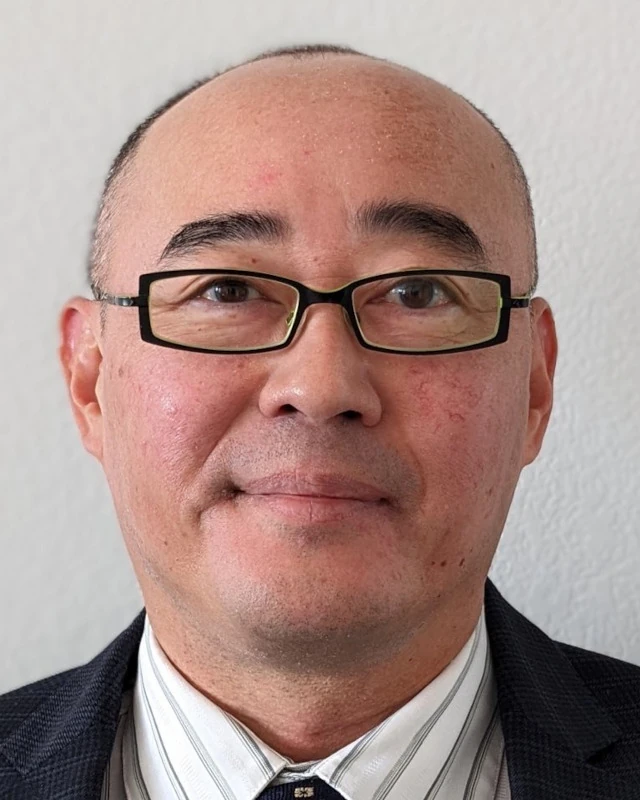Patent Venue Post-TC Heartland Begins to Take Shape
Back in May 2017, the U.S. Supreme Court ruled in T.C. Heartland, LLC v. Kraft Foods Group Brands LLC,1 that patent venue selection was limited to the defendant’s state of incorporation or principal place of business, as defined by the patent venue statute, 35 U.S.C. §1400(b). The practical effect sharply curtailed the Eastern District of Texas’ near monopoly on federal patent litigation. E.D. Tex. is long-considered a haven for patent trolls because of its tendency toward pro-plaintiff juries that these same patent trolls have found amenable to their business models.2
Federal case law since T.C. Heartland has given some contours of how to interpret the “regular and established place of business” clause of the patent venue statute, which the Supreme Court was interestingly silent about in its decision. Some examples of what does not constitute “regular and established place of business” are where:
- Defendant rented business servers in the forum district;3
- Defendants employed 5 or 19 telecommuting employees (the exact number does not appear relevant), or two employees and one independent contractor, in the forum district;4
- Defendant’s agent retained a place of business in the forum district;5
- Defendant’s mere offering to sell products online in the forum district;6 and
- The personal residence of defendant’s CEO was located in the forum district.7
The key here is that in this line of cases, the plaintiff could not establish a permanent and continuous presence in the forum district. Final disposition of these cases could be months, or even years, away given that some these district court cases could be appealed to the – Federal Circuit.
Forum shopping has been a problem (or gift, depending on which side of the courtroom you are on) for many patent litigators. Post-T.C. Heartland, however, the law is still somewhat in flux, although defining the patent venue statute is starting to take some form. More on this subject will be updated at a later date.
Footnotes
-
581 U.S.___, 197 L.Ed.2d 816 (2017). ↩
-
See, e.g., Ana Santos Rutschman, Patent Venue Exceptionalism after TC Heartland v. Kraft, 25 U. Miami Bus. L.Rev. 29, 42-43 (2017) (arguing per se that limiting patent venue would eliminate forum shopping, which in turn would reduce highly divergent patent litigation decisions); but see Paul R. Gugliuzza & Megan M. LaBelle, The Patently Unexceptional Venue Statute, 66 Am. U.L. Rev. 1027, 1031 (2017) (arguing restrictive patent litigation venue harms other civil litigants in specialized legal areas). ↩
-
See BMC Software, Inc. v. Cherwell Software, LLC, No. 1-17-cv-01074 (E.D. Va.) (December 21, 2017). ↩
-
See Uniloc USA, Inc. v. Nutanix, Inc., No. 2-17-cv-00174 (E.D. Tex.) (December 6, 2017); BillingNetwork Patent, Inc. v. Modernizing Medicine, Inc., No. 1-17-cv-05636 (N.D. Ill.) (November 6, 2017); Townsend v. Brooks Sports, Inc, No. 2-17-cv-00062 (M.D. Fla.) (August 31, 2017). ↩
-
See Newpark Mats & Integ. Servs., LLC v. Equipotential Matting, LLC, No. 4-17-cv-00304 (E.D. Ark.) (October 26, 2017). ↩
-
See Glasser v. Barboza, No. 1-17-cv-00322 (E.D. Va.) (August 11, 2017). ↩
-
See Prolacta Bioscience, Inc. v. Ni-Q, LLC, No. 2-17-cv-04071 (C.D. Cal.) (August 7, 2017). ↩

Brent T. Yonehara
Founder & Patent Attorney
Founder Brent Yonehara brings over 20 years of strategic intellectual property experience to every client engagement. His distinguished career spans AmLaw 100 firms, specialized boutique I.P. practices, cutting-edge technology companies, and leading research universities.
More About Brent